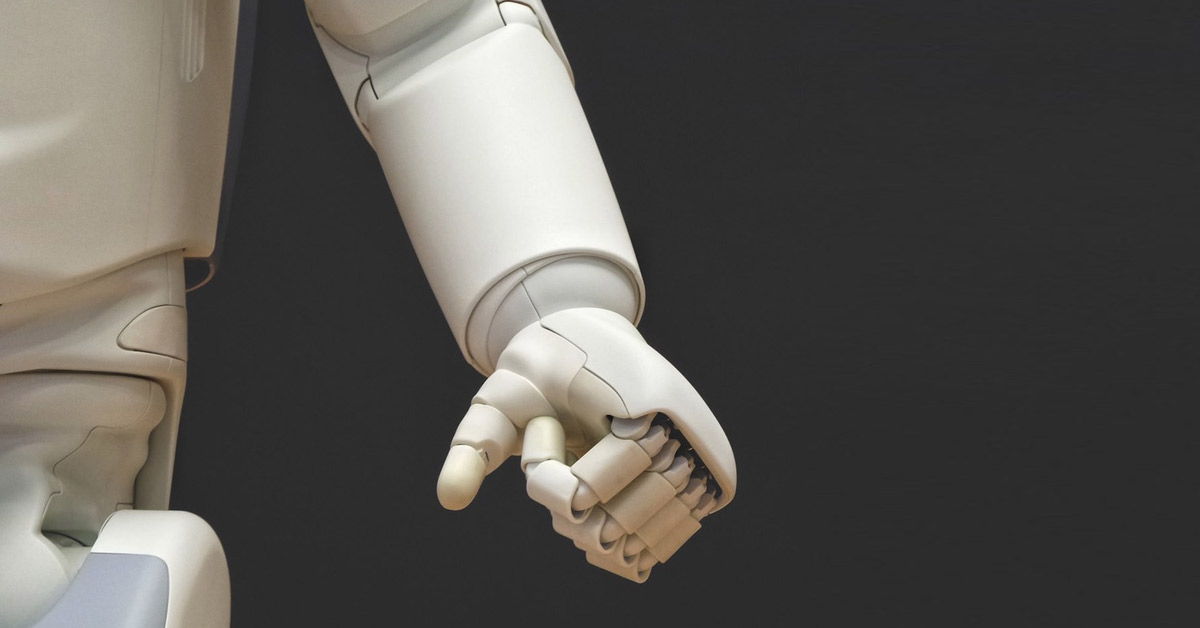
Revolution 4.0: new productive and organizational dynamics of companies
10 September 2019Data on investments made in research related to artificial intelligence make clear that a real revolution is changing our world. One of the most frequently asked questions is why this revolution happens right now and how companies can adapt their stratregies. To answer this question it is useful to remember first that artificial intelligence has a history of several decades and, contrary to what many think, most of the techniques that are used today in AI in their basic principles have a history behind them.
In recent years there has been a combination of three factors that triggered positive reinforcement mechanisms and created a sort of virtuous circle for the effectiveness of AI applications that led to the explosion, even media, of these issues. The first important factor to be taken into account is obviously linked to scientific research and to the development of some sectors, first of all machine learning: going from a traditional algorithmic model, in which the programmer “says” exactly to the machine everything he has to do , to sub-symbolic calculation models, in which the machine is able to learn from the analysis of appropriate training data sets, has allowed to successfully face problems that with traditional techniques were difficult to treat, such as those related to machine vision.
A second essential aspect concerns the availability that we have today of specialized hardware with computing powers that some years ago either did not exist or did not have affordable prices. A trivial but suggestive example: the computing power of all NASA in 1969, when it sent the first man to the moon, was inferior to that installed on the phone we use daily. The exponential increase in computing power per unit cost has made possible some AI applications that up until a few years ago were considered prohibitive for their computational cost.
Finally, a third relevant factor is related to the amount of data available today: the amount of data produced by humanity in all its history up to 2015 is lower than that produced in 2016 alone. 150 billion will be obtained in less than ten years of IoT devices connected to the network that will transmit data. This enormous amount of data makes it possible on the one hand to extract new forms of knowledge by means of appropriate analysis techniques, on the other the definition of very extensive sets of training data, thus allowing machines to be taught very sophisticated computational mechanisms.
The three factors described thus laid the foundations of the so-called 4.0 revolution which requires a profound rethinking of the productive and organizational dynamics of companies. Even companies in traditional sectors, from food to mechanics, today must constantly monitor the technological innovations of the world of artificial intelligence. For example, the manufacturing industry can use IoT sensors and machine learning techniques for remote monitoring of plants and their preventive maintenance, with considerable cost savings and greater production efficiency.
By now in many cases the adoption of these new technologies is no longer an aid to development but an essential tool for effective competition and therefore an obligatory choice for the survival of the company. It is no coincidence that the data shows that large international groups, in the most diverse sectors, are investing heavily in AI technologies. For companies a real possibility of improvement is in the recruitment of personnel with specific skills. To conclude, there are many positive aspects, but also many shadows, which make it difficult to understand what will happen in our future thanks to artificial intelligence. Certainly, however, we can agree with the great scientist Stephen Hawking: “the creation of even more powerful forms of AI will be either the best or the worst thing that ever happened to humanity in its history”.
This theme must be addressed with a renewed vision of the future and with the necessary managerial skills to manage the business opportunities related to Artificial Intelligence and Machine Learning that have revolutionized the productive and organizational dynamics of companies. The Master in Digital Technology Management of Bologna Business School is designed for young graduates of different academic backgrounds who aspire to become managers of technological innovation.
Author: Maurizio Gabbrielli
Director of Master in Digital Technology Management
